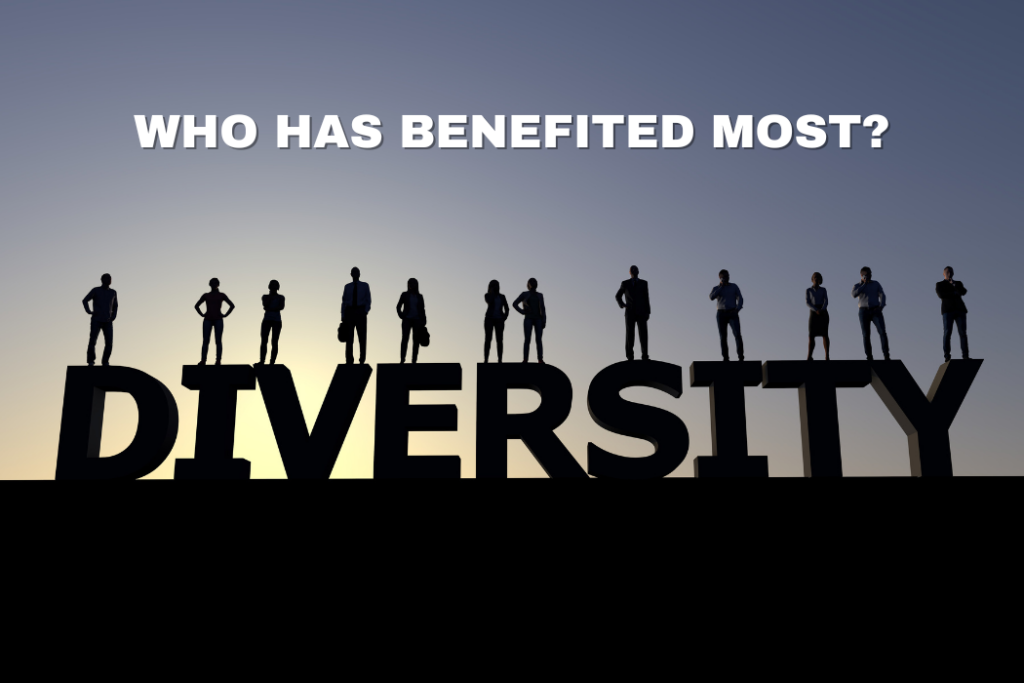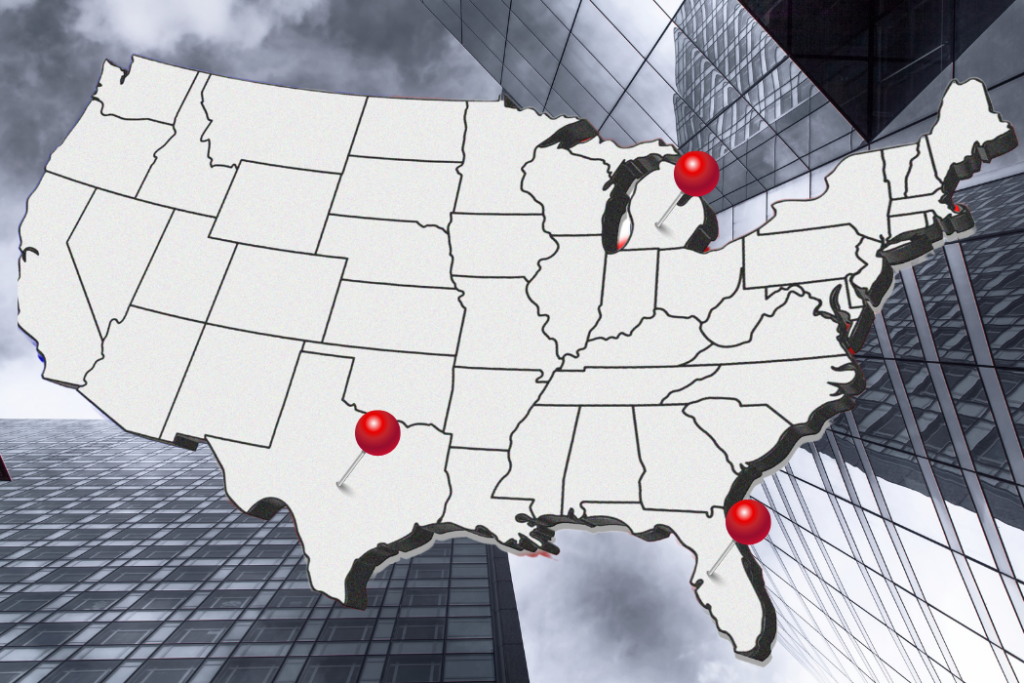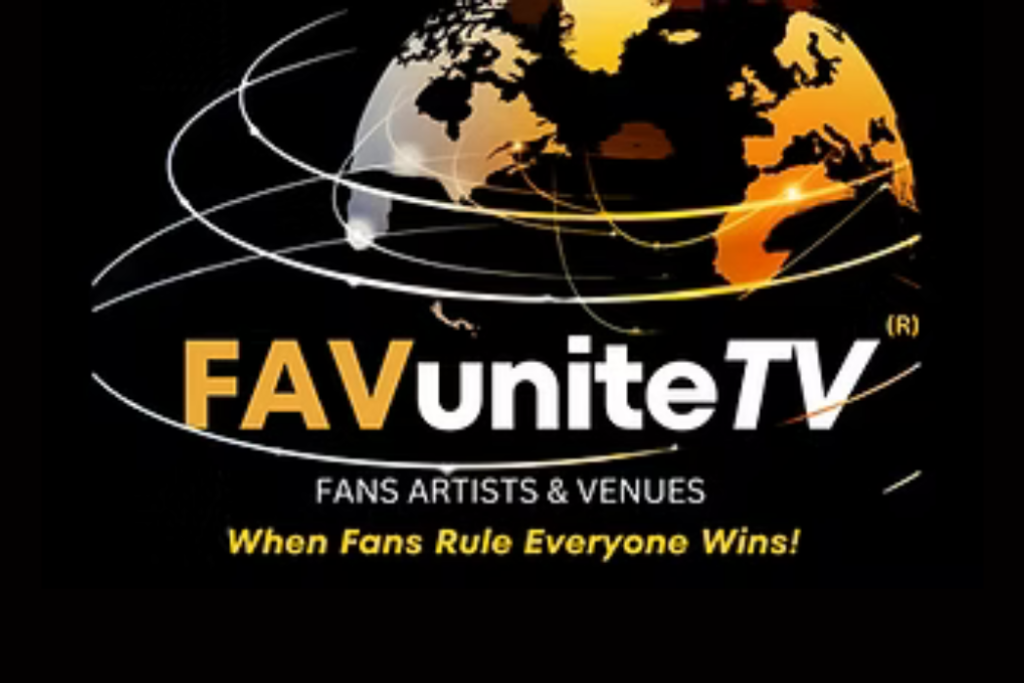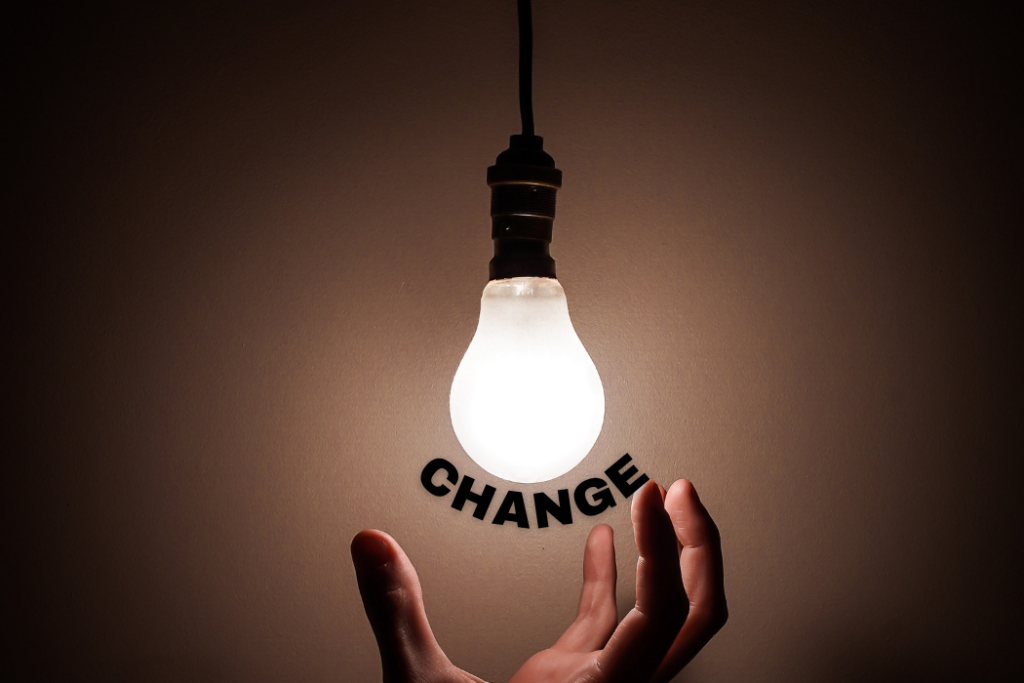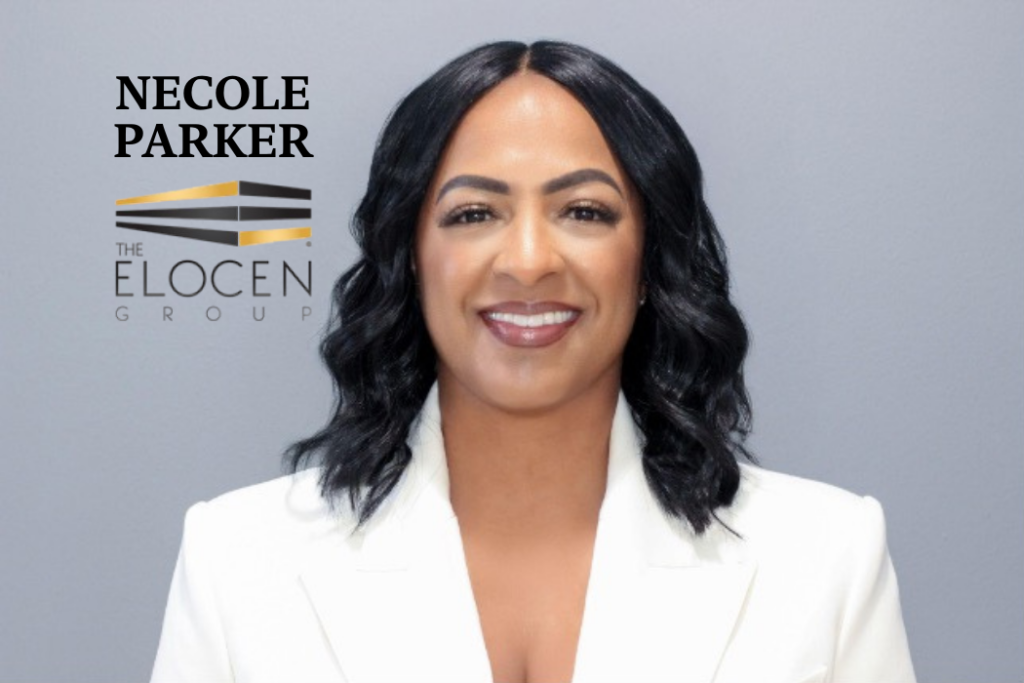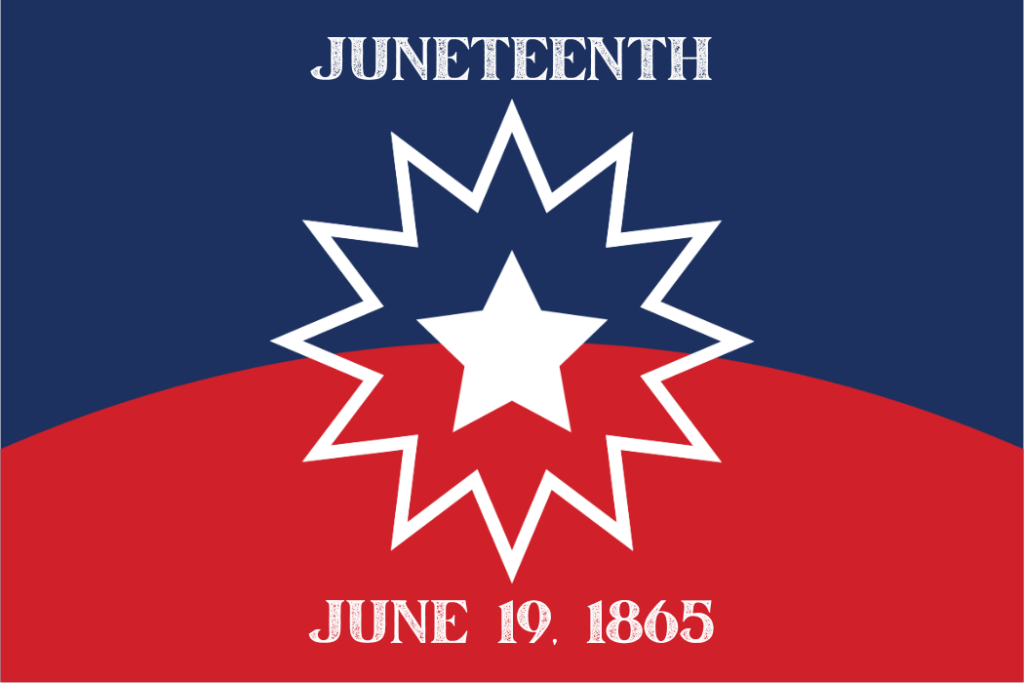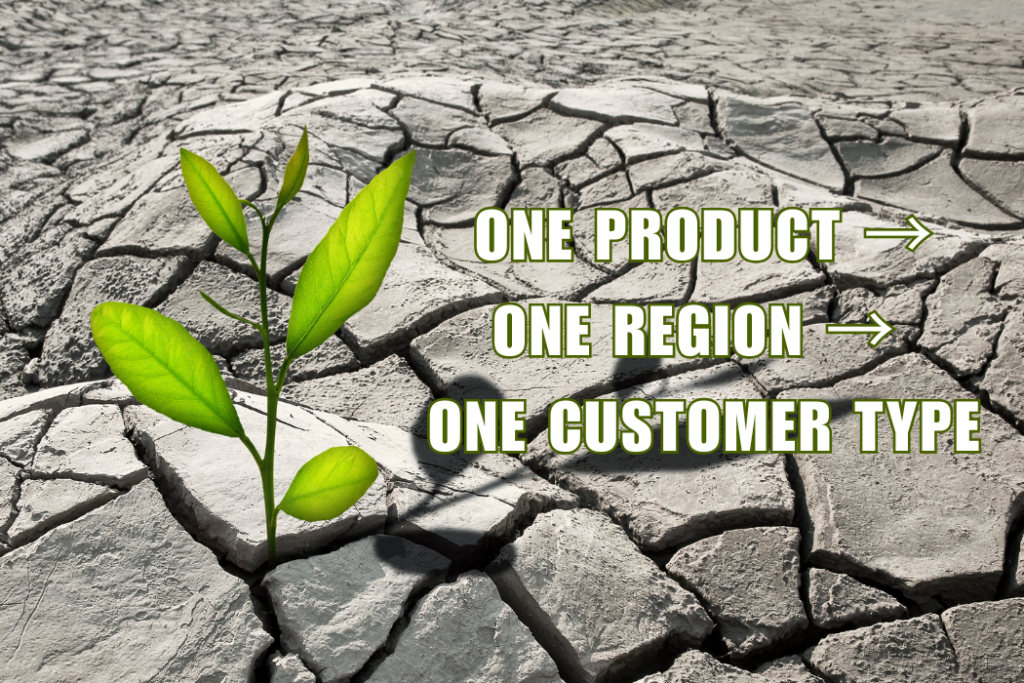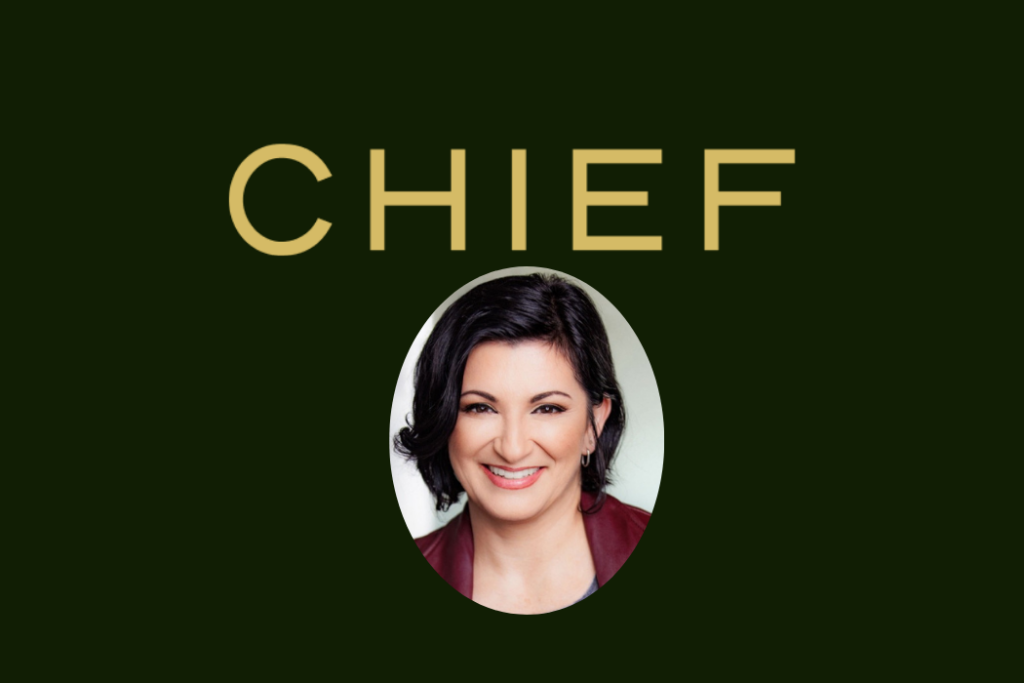
“How bad could it be? I chuckled to myself as I clicked ‘Confirm Changes’ on my Instagram profile.
I had recently gotten off a call with a mentor who suggested that, as a freelance journalist, I should include my work email in my About Me on my social media profiles. I had some reservations but decided that she probably knew best…
Three weeks later and I began my bleary eyed morning email-scrolling when something stopped me dead in my tracks.
It was an email on my business account. The subject line read ‘Your beautiful smile stole my attention today’ followed by a series of saccharine emojis.
I stared in horror. Disoriented, my mind frantically conjured up the explanation that this must have been from a dating app and I got the emails mixed up. But no, upon clicking the notification I confirmed that it was truly my business email. I shuddered opening the email and was horrified at what I found inside: an alarmingly large picture of my own face.
While there are a million and one factors contributing to the wage gap, one overlooked component that seems to remain overlooked is a very simple fact:
Networking leads to new business opportunities but networking for women is so often fraught with harassment.
Unfortunately, my story was not as unique as I had hoped. I had labored under the delusion that the #MeToo Movement, along with the onset of remote work would have lessened these instances. Having only entered the corporate workforce in the early stages of the pandemic, I had hoped that modernity would save me from harassment. In all instances, I was wrong.
In fact, the UK organization Rights of Women found that of women who reported experiencing sexual harassment in the workplace, nearly 50 percent of that was online, a 15 percent increase from working remotely. This same report found that the transparency of having a digital papertrail did nothing to discourage these violations.
Not only do women face sexual harassment from coworkers, it often holds them back gaining important venture capital funds that female founders desperately need. In 2019, Pipeline Equity announced that only 3 percent of capital went to female founders in the United States.
According to a report from Women Who Tech, 40 percent of female founders report that the harassment they received was from an investor and of that percentage, 59 percent claimed they were explicitly propositioned for sex in exchange for funding opportunities.
This report also showed that the situation is even more grim for women of color: only 38 percent of white female founders reported sexual harassment from investors while 46 percent women of color founders reported the same.
More than just financially, sexual harassment has impeded women’s ability to advance in their careers socially as well. According to the National Academy of Sciences harassment in academia leads to women giving up tenured positions, dropping out of major research projects, or stepping down from leadership opportunities in order to avoid perpetrators.
Even the idea of networking seems counterintuitive to how women are trained to present themselves in business. Women are often encouraged to be quiet, modest, and unobtrusive, while networking requires one to be bold and to speak highly of oneself.
Rachel Thomas, president of LeanIn.org astutely points out: “I think men are socialized from the get-go to understand that mixing business and friendship is what you do to get ahead. We, as women, aren’t as comfortable doing that.”
One has to wonder: how many women woke up that same morning I did, checked their work emails and found similar messages, if not worse?
How many women have wanted to reach out to a possible connection on LinkedIn but have left the message in their drafts, not wanting to seem flirty?
How many women have given up on their careers after a soul crushing case of sexual harassment?
That morning, after having rubbed the sleep from my eyes and confirmed that I had actually received such a wildly inappropriate message, I attempted to determine where the message came from. Remembering I had attended a webinar with 30+ people the day before, I emailed the organizer to see if the offending email was on the registration list.
I could almost hear the sigh she released as she responded to my question in the negative:
“I’m sorry, Gaby. I HATE whenever that happens…”


